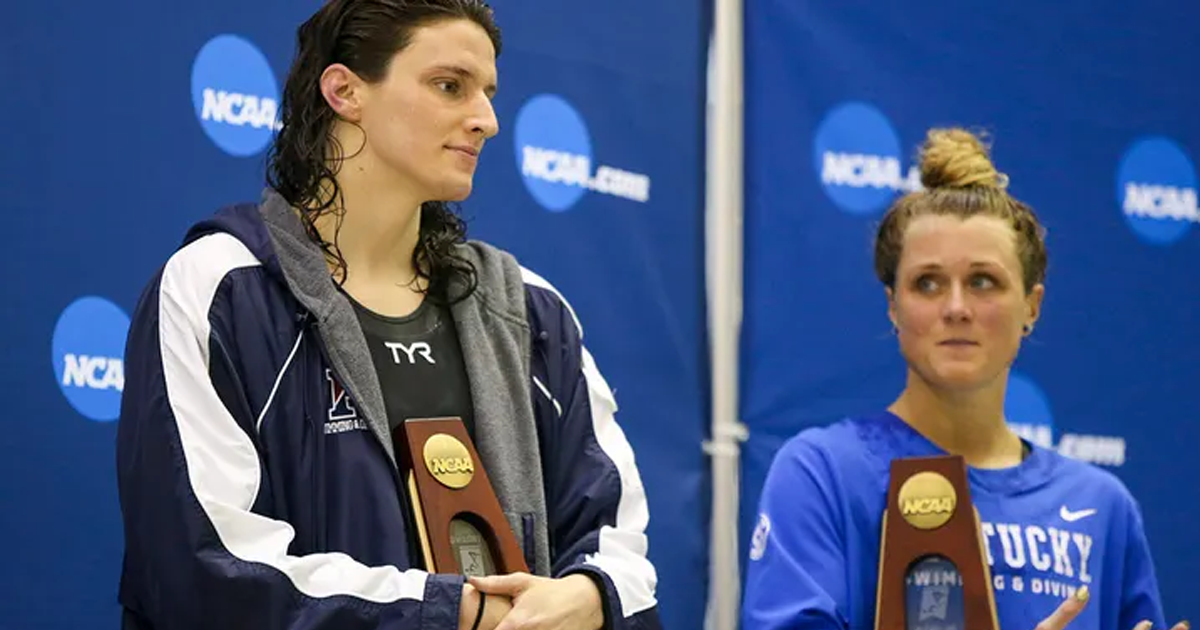The integrity of women’s sports is under siege, and the NCAA seems to be turning a blind eye. Female athletes are losing their hard-earned spots and facing career-threatening injuries, not due to a lack of skill or dedication, but because of the inclusion of biological men in women’s sports. This troubling trend is exemplified in women’s volleyball, where the physical disparities between male and female athletes have led to serious consequences.
Consider the case of a high school senior volleyball player in California. Her promising athletic journey was cut short when she suffered a severe head injury caused by a male player, Aaron, who identifies as female. The physical advantages of male athletes, particularly in sports like volleyball where the women’s net is over seven inches lower than the men’s, pose an undeniable risk to female players.
This isn’t an isolated incident. Across the country, young female athletes like Payton McNabb have seen their sports careers end abruptly due to similar circumstances. North Carolina’s response, passing a bill to prevent men from competing in women’s sports, was a step in the right direction to protect female athletes.
As a freshman NCAA volleyball player, I have personally experienced the humiliation and unfairness of competing against a trans-identifying male athlete. It’s a mockery of fair competition and a blow to the spirit of female athletes who train tirelessly, only to be overshadowed by the natural, biological advantages of men.
The NCAA, led by President Charlie Baker, must address this issue head-on. Their reluctance to act effectively endorses the displacement of female athletes by trans-identifying males. The case of Lia Thomas, a trans swimmer who dominated the 2022 NCAA finals, is a prime example of this growing problem. Despite our efforts, alongside fellow female athletes Riley Gaines and Paula Scanlan, to petition the NCAA, our concerns fall on deaf ears as they continue to prioritize the recognition of trans athletes over the genuine grievances of biological female athletes.
It’s time for the NCAA to decide: will they stand for the preservation of women’s sports, or will they allow the continued erosion of female athletes’ rights and opportunities? The answer should be clear – girls’ sports are for girls only.
As a leader of Young Women for America and an NCAA college volleyball player, I urge the NCAA to take definitive action to safeguard the future of women’s sports and uphold the principles of fairness and competition that are the foundation of athletic integrity.


